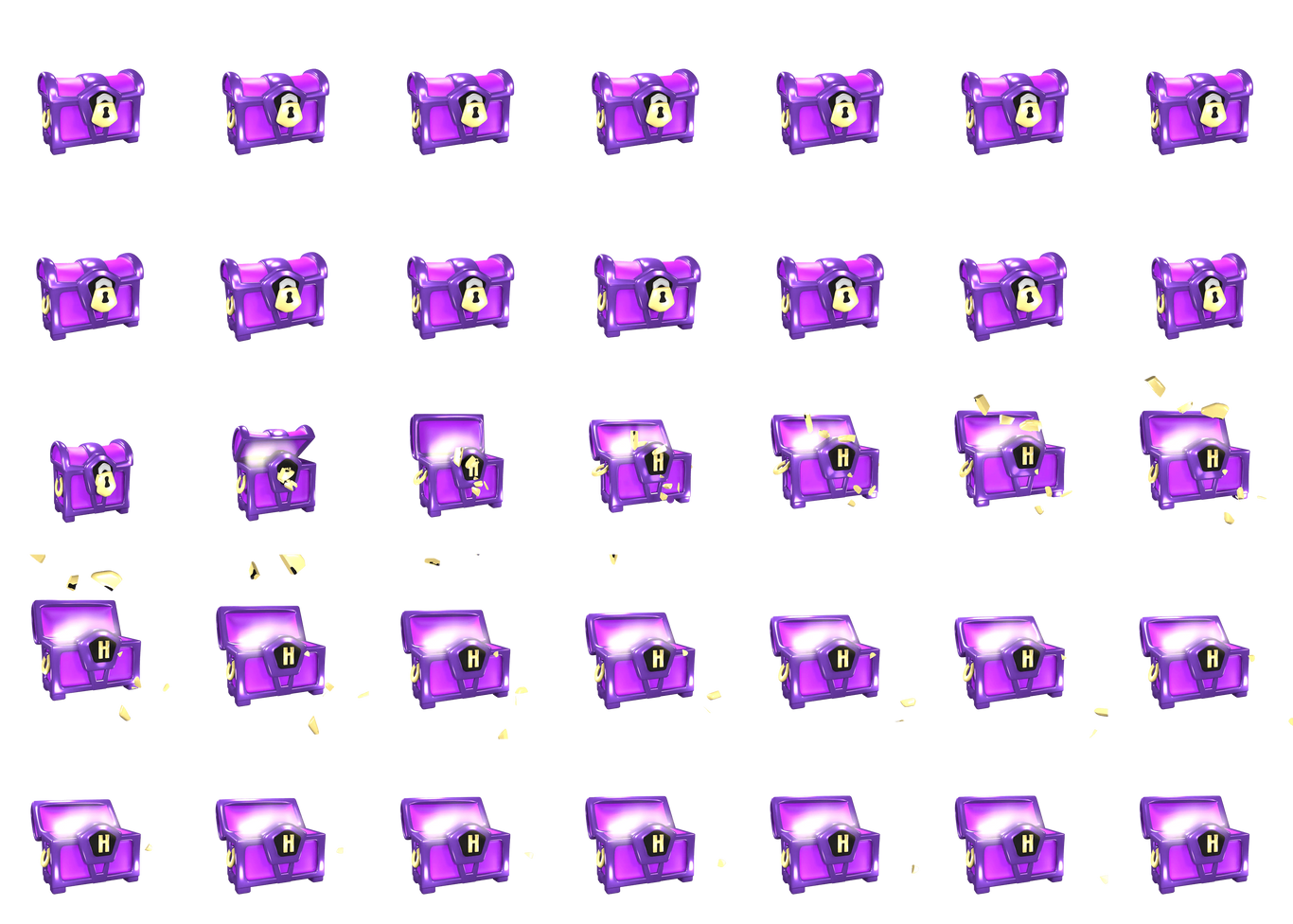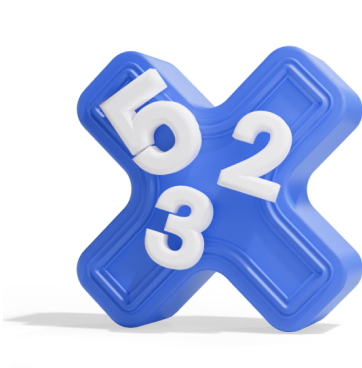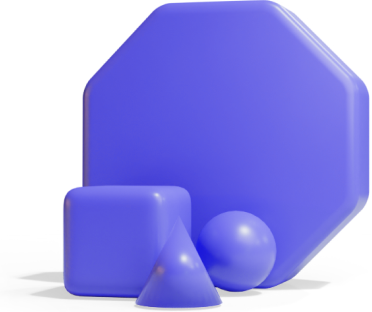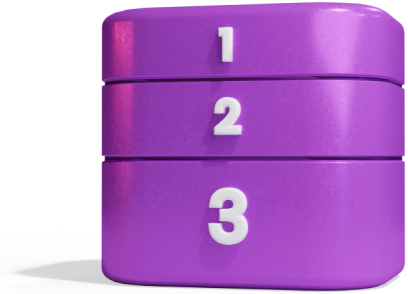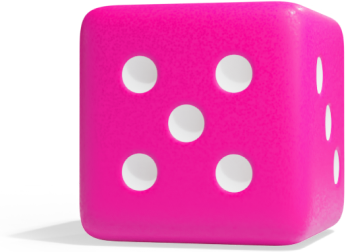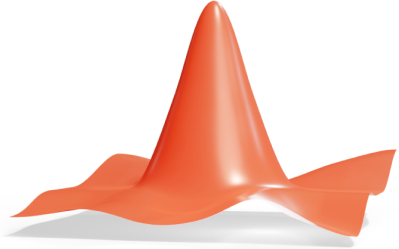What Does Pie Chart Mean?
Video Crash Courses
Want to watch animated videos and solve interactive exercises about pie chart?
A pie chart (or circle chart) is a circle with a number of sections. The whole pie makes up all the observations—in other words, the whole area of the pie is % of the observations. There are ° in a circle, so you know that % of a pie chart is equal to °. A piece of pie is called a circular sector, and each circular sector represents a data point. They’re often drawn in different colors to help distinguish them from each other.
The table shows how many people in a class like different kinds of games.
Here you can see the information plotted using a pie chart:
Formula
The size of a circular sector is equal to
Example 1
You need to make a pie chart of people’s dinner choices: Three eat sushi, six eat meatballs, twelve eat pizza, 15 eat trout, six eat steak, and 18 eat porridge.
First, you create a frequency table. When you have to do this by hand, you should include four columns and organize the information as in the table below. You use the formula above to find how many degrees each circular sector should be—you find the number of degrees by multiplying the relative frequency by °. In the table, this is done in two steps. To find the relative frequency, divide the number by the sum. You can find the percentage for each option by multiplying relative frequency by %.
Now you can take out the drafting compass, ruler, and protractor and draw the pie chart. Remember that for each sector you have to move the protractor to the end of the last circular sector, so that the circular sectors do not end up on top of each other, but next to each other.
